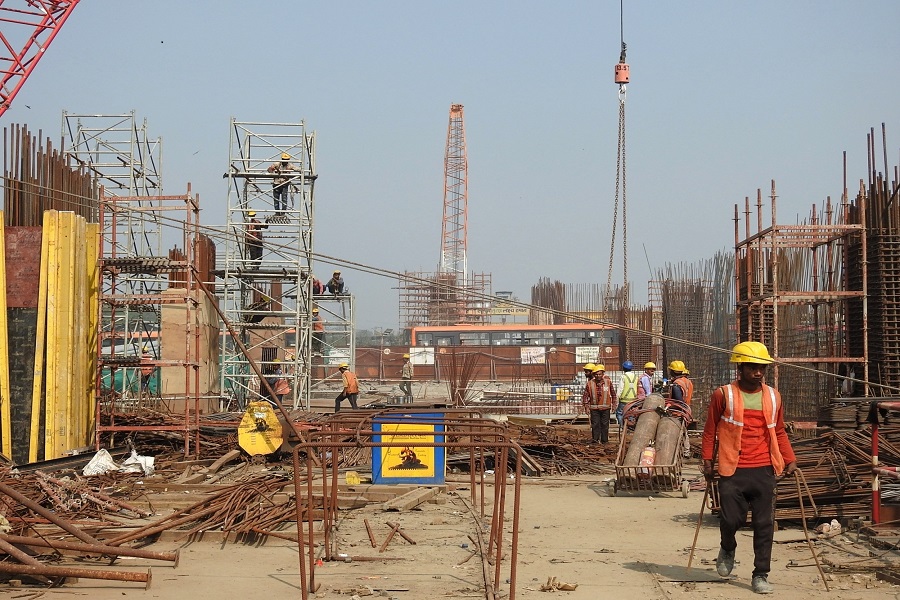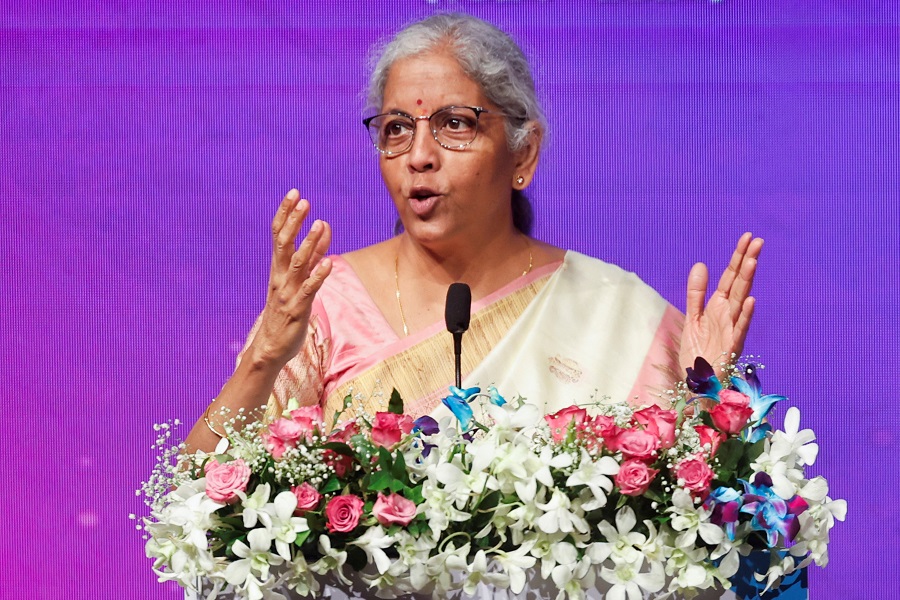Around 43% of Goa's mining workers suffer from defective vision: Study

Follow us Now on Telegram ! Get daily 10 - 12 important updates on Business, Finance and Investment. Join our Telegram Channel
Around 43 per cent of Goa's mining industry workers suffer from defective vision, while 22.61 per cent suffer from "some kind of hearing loss", a study conducted by the state's top medical facility, the state government's Goa Medical College has revealed.
The study, which was conducted by the apex hospital's Department of Preventive and Social Medicine, has also sought a thorough pre-placement medical examination for the state's mining industry workforce and regular shuffling and substitution of workers may be implemented within departments in order to lessen their exposure to fine mining dust.
"Upon analysis of data, it was observed that a high proportion of workers (43.21 per cent) had defective vision. Assessment of audiometry reports revealed that 22.61 per cent of workers had some form of hearing loss," the study conducted by doctors Kalyani S, Preksha P. Vernekar and Jagadish A. Cacodcar said.
"As many as 9.5 per cent workers were hypertensive, 13.06 per cent were diabetic and 13.06 per cent were dyslipidaemic. As high as 20.1 per cent workers had ECG changes while 2.51 had pulmonary function impairment," the study also noted.
The research was based on workers' samples collected from four iron ore mines located in both North Goa and South Goa districts, which make up the state geography.
"Our study highlights a significant prevalence of auditory and visual impairment, pulmonary function abnormalities and non-communicable diseases among iron ore mine workers in Goa. Hence, there is a need to adopt necessary measures for promotion of health among these workers to improve quality of life, functionality, and productivity, on an occupational or personal level," the study states.
In its recommendations, the study also advocates strict implementation of laws related to usage of protective devices among mine workers, underlining the importance of "occupational health, safety and environment".
"A thorough pre-placement medical examination should be conducted for all workers and categories of work should be allotted as per principles of ergonomics. Maintenance of records and mandatory periodic health check-ups should also be ensured by the mining companies," the study recommends, while also suggesting regular shuffling and substitution of workers may be implemented within departments with varying exposure to dust.
Though non-operational for now, the state's mining industry when at its peak around a decade back accounted for nearly 30 per cent Gross Domestic Product.
























